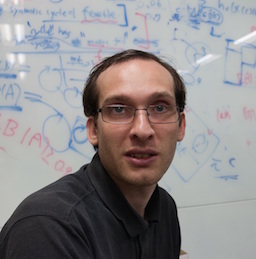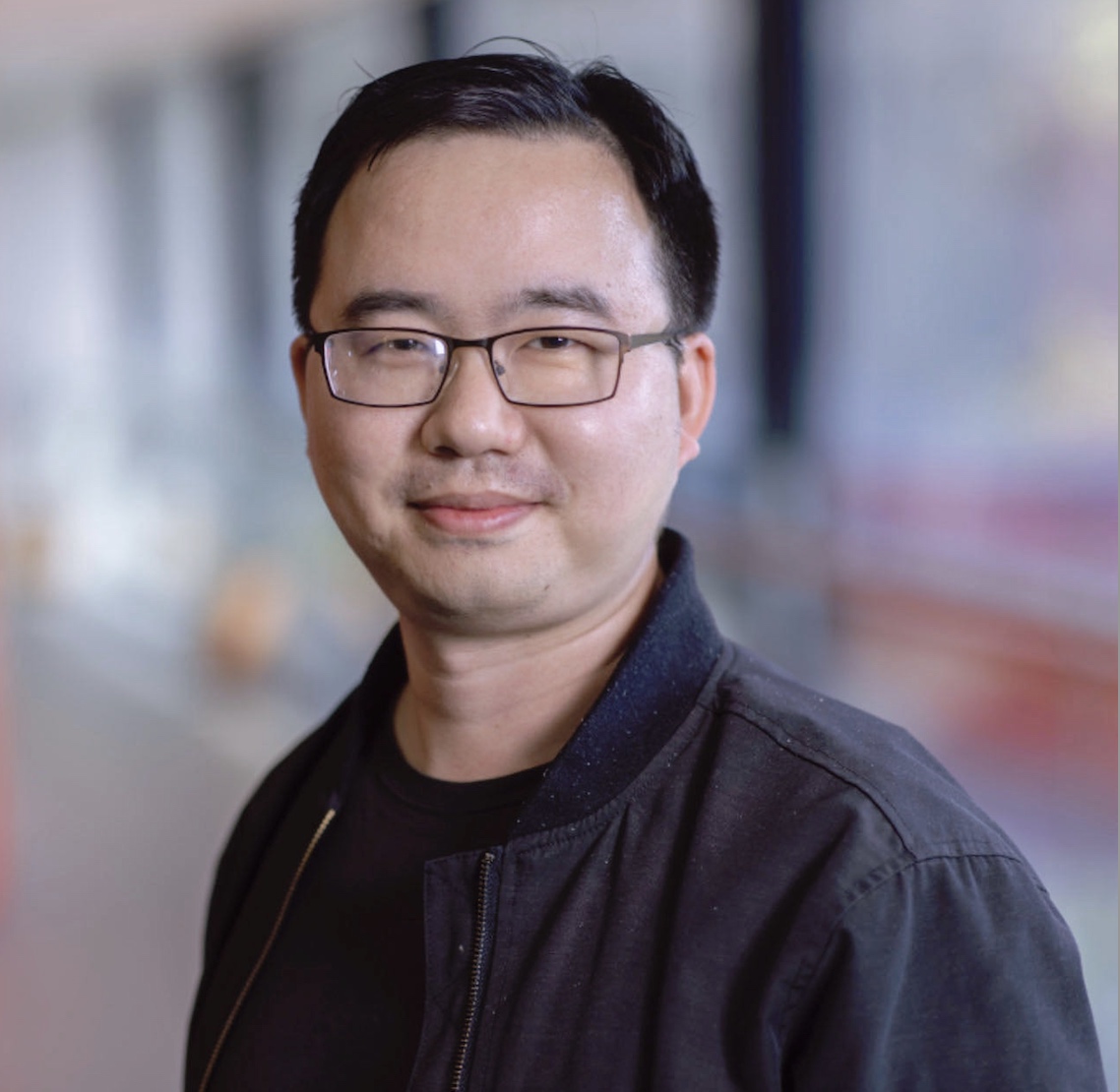Static and dynamic analysis techniques and tools for mainstream programming languages (such as Java, C, JavaScript), have received widespread attention for a long time. The application domains of these analyses range from core libraries to modern technologies such as web services and mobile applications. Over time, various analysis frameworks have been developed to provide techniques for optimizing programs, ensuring code quality, and assessing security and compliance. SOAP 2025 aims to bring together the members of the program analysis community to share new developments and shape innovations in program analysis. For SOAP 2025, we invite contributions from researchers and practitioners working with program analysis. We are particularly interested in exciting analysis framework ideas, application of existing static analysis techniques to industrial software, adoption of static analysis in software engineering practices (such as DevOps), innovative designs, and analysis techniques, including preliminary results or work in progress. We will also focus on the state of the practice for program analysis by encouraging submissions by industrial participants, including tool demonstration submissions. The workshop agenda will continue its tradition of lively discussions on extensions of existing frameworks, the development of novel analyses and tools, and how program analysis is used in real-world scenarios.
Keynote Speakers
| Xavier Rival | Yulei Sui | Charles Zhang | ||
|---|---|---|---|---|
 |
 |
 |
||
| The MemCAD static analyser: shape, value and collection abstraction and application to OS verification |
Static Analysis from Code Graphs to Neural Networks |
Building X-Ray for enterprise-scale software |
Best Presentation Award
This year’s Best Presentation Award goes to Ákos Hajdu, Roman Lee, Gavin Weng, Nilesh Agrawal, and Jérémy Dubreil for their work on “Compositional Static Callgraph Reachability Analysis for hatsApp Android App Health". Congratulations!
Photo Album
SOAP’25 photos are available here.
Mon 16 JunDisplayed time zone: Seoul change
09:00 - 10:10 | |||
09:00 10mDay opening | Opening SOAP | ||
09:10 60mKeynote | The MemCAD static analyser: shape, value and collection abstraction and application to OS verification SOAP Xavier Rival Inria; ENS; CNRS; PSL University | ||
10:30 - 12:00 | |||
10:30 20mTalk | Scalable Language Agnostic Taint Tracking using Explicit Data Dependencies SOAP Sedick David Baker Effendi Stellenbosch University, Xavier Pinho StackGen, Andrei Michael Dreyer Whirly Labs, Fabian Yamaguchi Whirly Labs DOI Pre-print File Attached | ||
10:50 20mTalk | Pick Your Call Graphs Well: On Scaling IFDS-Based Data-Flow Analyses SOAP Kadiray Karakaya Heinz Nixdorf Institute at Paderborn University, Palaniappan Muthuraman Heinz Nixdorf Institute at Paderborn University, Eric Bodden Heinz Nixdorf Institute at Paderborn University; Fraunhofer IEM DOI | ||
11:10 20mTalk | Universal High-Performance CFL-Reachability via Matrix Multiplication SOAP DOI | ||
11:30 20mTalk | Beyond Affine Loops: A Geometric Approach to Program SynthesisRecorded SOAP DOI | ||
14:00 - 15:20 | |||
14:00 60mKeynote | Static Analysis from Code Graphs to Neural Networks SOAP Yulei Sui University of New South Wales | ||
15:00 20mTalk | Compositional Static Callgraph Reachability Analysis for WhatsApp Android App Health SOAP DOI | ||
15:40 - 17:30 | |||
15:40 60mKeynote | Building X-Ray for enterprise-scale software SOAP Charles Zhang Hong Kong University of Science and Technology | ||
16:40 20mTalk | Towards Bit-Level Dominance Preserving Quantization of Neural Classifiers SOAP DOI | ||
17:00 20mTalk | Optimizing Type Migration for LLM-Based C-to-Rust Translation: A Data Flow Graph ApproachRecorded SOAP DOI | ||
17:20 10mDay closing | Closing and Best Presentation Award SOAP | ||
Accepted Papers
Call for Papers
Deadline extension: Papers can now be submitted until 5 March AoE (firm).
The 14th ACM SIGPLAN International Workshop on the State Of the Art in Program Analysis (SOAP 2025) aims to bring together the members of the program analysis community to share new developments and shape new innovations in program analysis.
For SOAP 2025, we invite contributions from researchers and practitioners working with program analysis. We are particularly interested in exciting analysis framework ideas, innovative designs and analysis techniques, including preliminary results or work in progress. We will also focus on the state of the practice for program analysis by encouraging submissions by industrial participants, including tool demonstration submissions. The workshop agenda will continue its tradition of lively discussions on extensions of existing frameworks, the development of novel analyses and tools, and how program analysis is used in real-world scenarios.
Types of submissions
Possible submissions include, but are not limited to:
- A report on a novel implementation of a program analysis, with a focus on practical details or optimization techniques for obtaining precision and performance.
- A new research tool, data, and other artifacts, that showcase early implementations of novel program analysis concepts, as well as mature prototypes.
- A description of a novel analysis component, for example, front-ends or abstract domains.
- A report describing an innovative tool built on top of an existing framework.
- A compelling use case for a feature that is not yet supported by existing analysis tools, with good examples and an informal design of the proposed feature.
- An idea paper proposing the integration of existing program analyses to answer interesting novel questions about programs, for example in IDEs and DevOps practices.
- An experience report on the use of an existing program analysis framework.
- A description of a program analysis tool and screenshots of the main parts of the demo.
Format
Submissions should be four to six-page papers (excluding references) and should be formatted according to the two-column ACM proceedings format. Each reference must list all authors of the paper. The citations should be in numerical style, e.g., [52]. Templates for ACM format are available for Microsoft Word and LaTeX at http://www.sigplan.org/Resources/Author. The ACM class \documentclass[sigplan, screen]{acmart} should be used to ensure the expected default settings and correct colors. The review process is single-blind, so submissions do not need to be anonymous.
We strongly encourage authors to make their tool and experimental evaluation public and reproducible, through Docker or virtual machines archived on Zenodo.org. There will be no formal artifact evaluation to keep the review process lightweight.
Similar to SOAP 2023 and 2024, the Program Committee of SOAP 2025 plans to invite a selection of accepted papers to submit extended versions to a special issue of the International Journal on Software Tools for Technology Transfer (STTT).
AUTHORS TAKE NOTE: The official publication date is the date the proceedings are made available in the ACM Digital Library. This date may be up to two weeks prior to the first day of your conference. The official publication date affects the deadline for any patent filings related to published work. (For those rare conferences whose proceedings are published in the ACM Digital Library after the conference is over, the official publication date remains the first day of the conference.)